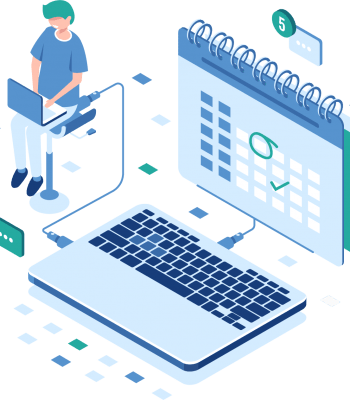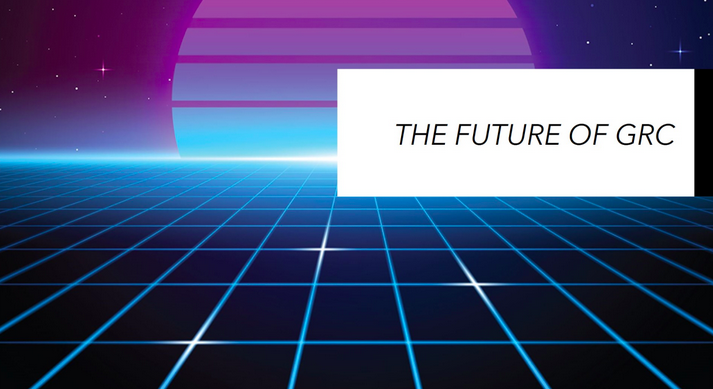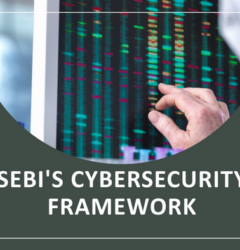

Introduction
In an era where digital transformation is at the forefront of business strategy, the need for robust frameworks to manage governance, risk, and compliance (GRC) has never been more critical. Enter GRC Engineering – a burgeoning domain that integrates technology, methodologies, and best practices to streamline and enhance GRC processes. This post delves into the essence of GRC Engineering, the problems it aims to address, the current challenges in the field, and its promising future.
The Problems GRC Engineering Will Address
-
Fragmented GRC Processes: Traditional GRC approaches often involve disparate systems and manual processes, leading to inefficiencies and inconsistencies. GRC Engineering aims to unify these processes into a cohesive, automated framework, reducing redundancy and improving accuracy.
-
Regulatory Compliance: Keeping up with ever-evolving regulatory requirements is a daunting task for organizations. GRC Engineering provides tools and methodologies to stay abreast of these changes, ensuring compliance and minimizing the risk of penalties.
-
Risk Management: Identifying, assessing, and mitigating risks are crucial for business continuity. GRC Engineering integrates advanced analytics and machine learning to predict and manage risks proactively.
-
Operational Inefficiencies: Inefficiencies in GRC processes can lead to increased operational costs and resource wastage. By automating routine tasks and providing real-time insights, GRC Engineering enhances operational efficiency.
Current Challenges in GRC Engineering
-
Regulatory Complexity: Keeping up with ever-evolving regulatory requirements is a daunting task for organizations. The complexity and frequency of changes in regulations demand agile and adaptable GRC solutions, which can be challenging to implement and maintain.
-
Integration with Legacy Systems: Many organizations still rely on legacy systems that are not designed to support modern GRC frameworks. Integrating GRC Engineering solutions with these outdated systems poses significant challenges, often requiring substantial time and resources.
-
Tedious Manual Evidence Collection: Traditional GRC processes often involve the manual collection of evidence for audits and compliance checks. This method is not only time-consuming but also prone to human error, making it inefficient and unreliable. Automating evidence collection is a key goal of GRC Engineering.
-
Time-Consuming Intra-Organization Communication: Effective GRC management requires seamless communication and collaboration across various departments. Current methods can be slow and fragmented, leading to delays and miscommunications. GRC Engineering seeks to streamline these interactions with integrated communication tools.
-
Lack of Purpose-Built Products: Many existing GRC tools are not purpose-built for specific needs such as approvals and business workflows. This lack of specialized products forces organizations to adapt generic solutions, which can lead to inefficiencies and suboptimal performance. Developing tailored GRC tools is crucial for addressing this challenge.
-
Data Privacy and Security: As GRC processes become more digitized, ensuring data privacy and security becomes paramount. Organizations must implement robust security measures to protect sensitive information from breaches and unauthorized access.
-
Skill Gaps: The adoption of GRC Engineering requires specialized skills in both GRC and advanced technologies like AI and machine learning. There is a growing need for professionals who can bridge this gap, as current workforce capabilities may not suffice.
-
Cost of Implementation: Implementing comprehensive GRC Engineering solutions can be costly, especially for small and medium-sized enterprises. Developing cost-effective solutions and scalable models is essential to make these technologies accessible to a broader range of organizations.
The Future of GRC Engineering
-
Automation and AI Integration: The future of GRC Engineering lies in the integration of automation and artificial intelligence. These technologies will enable organizations to automate routine tasks, conduct real-time compliance checks, and predict risks with greater accuracy. AI-powered analytics will provide deeper insights, helping businesses to anticipate and mitigate potential issues before they escalate.
-
Purpose-Built Platforms: The development of purpose-built GRC platforms is essential for addressing specific needs such as approvals and business workflows. These tailored solutions will enhance efficiency and effectiveness by providing tools designed specifically for unique organizational requirements. Such platforms will offer seamless integration with existing systems, reducing the complexity and cost of implementation.
-
Cloud-Based Solutions: Cloud technology will play a pivotal role in the future of GRC Engineering. Cloud-based solutions offer scalability, flexibility, and cost-effectiveness, making GRC tools accessible to organizations of all sizes. These solutions enable real-time updates and remote access, ensuring that GRC processes are always up-to-date and available when needed.
-
Holistic GRC Ecosystems: The future will see the emergence of holistic GRC ecosystems that provide end-to-end solutions. These platforms will offer comprehensive visibility into governance, risk, and compliance activities, facilitating better decision-making and strategic planning. Integration with other business systems will create a unified approach to managing GRC, enhancing overall organizational resilience.
-
Enhanced Data Privacy and Security Measures: As GRC processes become increasingly digitized, ensuring data privacy and security will remain a top priority. Future GRC solutions will incorporate advanced security measures, including encryption, blockchain, and multi-factor authentication, to protect sensitive information and ensure regulatory compliance.
-
Improved Collaboration Tools: Effective GRC management requires seamless communication and collaboration across various departments and stakeholders. Future GRC Engineering solutions will emphasize enhanced collaboration tools, enabling better coordination and information sharing. This will lead to more integrated and cohesive GRC strategies, improving overall organizational performance.
-
RegTech Integration: Regulatory technology (RegTech) will be a critical component of GRC Engineering. RegTech solutions use advanced analytics to streamline compliance processes, making it easier for organizations to adhere to regulatory requirements. The integration of RegTech with GRC platforms will provide real-time updates and automated compliance checks, reducing the burden on compliance teams.
-
Continued Skill Development: As GRC Engineering evolves, the demand for specialized skills will grow. Organizations will need to invest in continuous training and development programs to ensure their workforce is equipped with the necessary knowledge and expertise. Collaboration with educational institutions and professional organizations will be key to closing the skill gap.
Conclusion
GRC Engineering is poised to revolutionize how organizations manage governance, risk, and compliance. By embracing automation, purpose-built platforms, and advanced technologies, businesses can enhance efficiency, ensure regulatory compliance, and mitigate risks more effectively.
The future of GRC Engineering promises a more streamlined, integrated, and resilient approach to managing the complexities of the modern business environment. Organizations that invest in these innovations will be better equipped to navigate the challenges ahead, ensuring sustainable growth and success.










Recent Comments